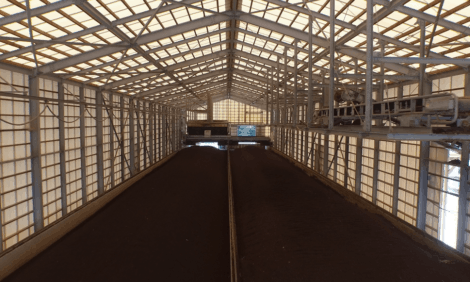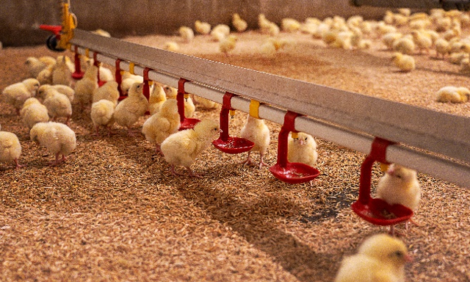



Study Examines Efficacy of ILT Recombinant Viral Vector Vaccines
For optimum efficacy, recombinant vaccines against infectious laryngotracheitis (ILT) must be correctly administered on days 18 or 19 of incubation, according to new research from Athens, yet the method offers less protection than traditional vaccines.Infectious Laryngotracheitis Virus (ILTV) Recombinant Vaccines are now commonly available to the poultry industry, according to Dr Maricarmen Garcia from the Poultry Diagnostic Research Center in Athens, Georgia. In the summary of work sponsored by US Poultry & Egg Association, she says that over the past several years, vaccination with recombinant ILT vaccines has resulted in variable results. In Georgia, two-thirds of the ILT cases recorded during 2008 occurred in flocks vaccinated with recombinant vaccines during incubation (in ovo).
Dr Garcia conducted research to determine the degree and onset of protection induced by recombinant vaccines when applied in ovo and subcutaneously; to determine if shedders are produced in recombinant vaccinated chickens; and to improve detection of antibodies produced following vaccination.
Embryo vaccination at 18 to 19 days was found to be the optimal age for vaccination, and optimal efficiency of recombinant vaccines was found to strongly rely on proper vaccine delivery (precision and consistency of equipment used).
Compared to traditional (CEO) vaccine, recombinant (ILTV) vaccine provided partial protection against laryngotracheitis but did not stop replication of the challenge virus in the upper respiratory tract.
Further Reading
| |
- | Find out more information on ILT by clicking here. |
June 2011








